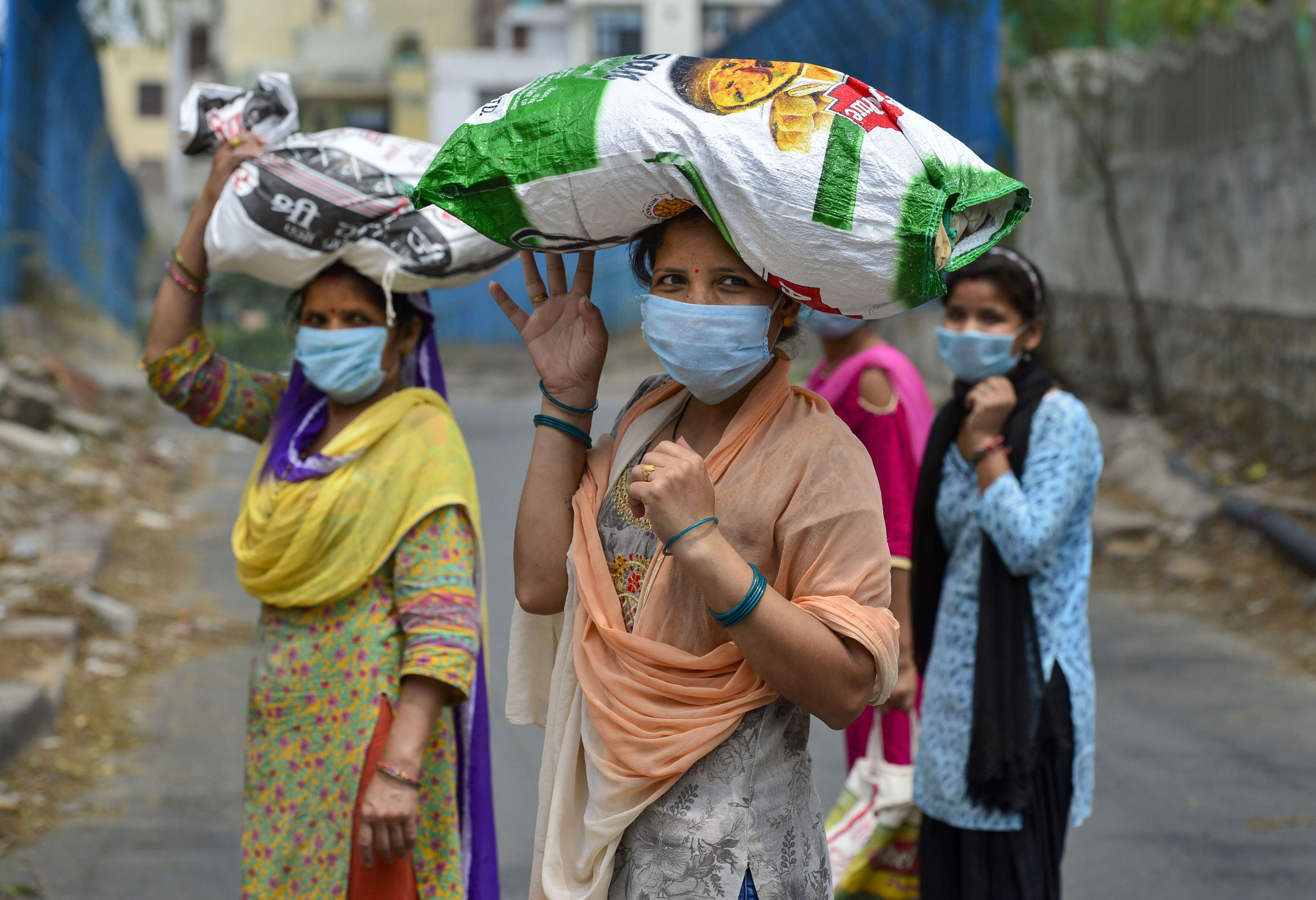The continuing lockdown, without any respite in the incidence of Covid-19, has led to a rise in apprehension about the health of the economy and its ability to recover quickly after the pandemic subsides. There are three major areas of concern that have the potential of paralysing the economy for a very long time. The first is the falling demand for goods and services that has slowed down the rate of growth of gross domestic product. The second is the sharp rise in unemployment as a result of the shrinking of economic activity. The third is the inadequate liquidity in the system which has severely affected both production and circulation of goods and services. These problems have affected businesses across the board, from large corporations to smaller firms and start-ups. The impact has been particularly severe on the micro, small and medium enterprises sector, which constitutes about a third of India’s GDP, half of India’s exports, and more than a fifth of the nation’s total employment. These problems had been patently evident much earlier. The lockdown has aggravated them in the absence of any serious intervention by the government. The Covid-19 pandemic may be used as an excuse by a directionless government to continue ignoring the economy, claiming that health problems trump all other considerations.
The least of these problems is the declining rate of growth of GDP. Production can be resilient if financial flows and workers are minimally affected by the lockdown. However, lack of liquidity and rising unemployment are blowing up to unmanageable proportions. The policymakers have indicated that the only way to increase liquidity is for firms to take additional loans from banks that are being injected with funds by the Reserve Bank of India. Firms will be hesitant to take loans in the face of low and dwindling demand. Banks, too, will be wary about pushing loans. Hence firms are not getting the money they need to pay their creditors. They are also unable to get the funds owed to them. The twin pressures are forcing them to lay off workers and introduce pay-cuts. These measures — businesses argue they are unavoidable — only serve to reduce aggregate demand even further, worsening an already bad situation.
India’s unemployment rate was the worst in 40-odd years before the lockdown began. Since then, it has climbed to more than 25 per cent of the labour force. There is no safety net. The bulk of the unemployed workers are migrants. Their suffering has been unprecedented. In conceiving the lockdown, they had been completely ignored. In the absence of a well thought-out package for recovery, the economy will be without the urgently needed ventilator.











